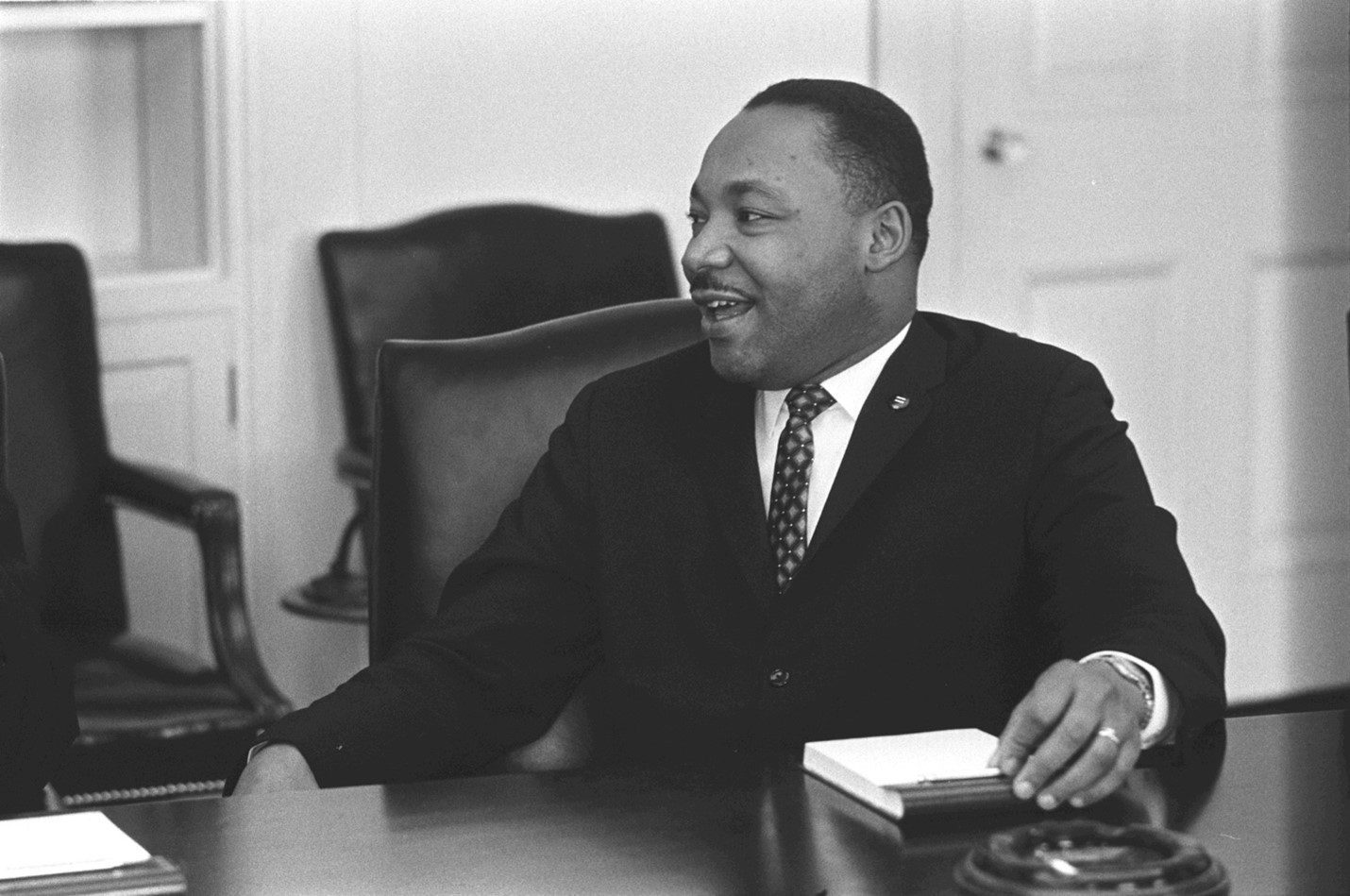To our clients and friends,
How and how much parents should help their kids is a concern many of you express to us, especially as it becomes obvious that financial success comes with big parenting challenges. As our team grows—and grows younger!—I sometimes look in the mirror and see that I’m getting old and gray, and I worry that we get so focused on the numbers there isn’t enough time to talk about things that matter more; our families, our family legacy, how we raise kids in the complex world of wealth, how we gift and give to them, how we model being charitable, and how we guide our children to become the kind of people we love and respect.
In fact, it’s said that one of the most difficult things to do as a parent is to deal with the complications that arise when you have the means to gift and give to your children, but you refrain from doing so. It could be possible that refraining from giving, especially too much and too often, might actually be the best gift.
I’m going to share some thoughts on the unexpected side of financial planning— what I guess I would call the family-centered side. In occasional messages, I’ll share topics that might be helpful to clients and friends. I’ll include what I call “No-Brainers” and “No Spoil Tips” that are common sense actions that aren’t too hard to put into place.
Much of my thinking on these topics is grounded in my childhood, growing up in a family of five generations of Kansas farmers, and learning to appreciate their connection to the land. They had the souls of working people who tilled the land and shared our family stories with us as we grew up. I think storytelling and communicating family history has a huge benefit. It shows you that you’re part of something bigger. And I have a good number of stories I look forward to sharing with you – stories that have strengthened my connection to my past and informed how Kim and I raised our family.
I was blessed to have a father who told all of us kids that he would pay for our entire education, for as long as we wanted and as far as we wanted to go. He told us, “When you’re done with school, I’m done with you.” He didn’t mean as a dad, but as our bank. Some of my siblings did a better job of taking advantage of Dad’s gift of education. My older brother got an MBA and a law degree. Maybe he was smarter than I was, but I liked being on my own, working, making my way in the world. And when I think about it, I believe my dad’s method—the not giving—was the best gift of all.
So stay tuned for some thoughts on Family-centered Financial Planning—and some home-spun stories—including one about how my great-great grandfather was in a gun battle over cattle and land in Durango, Colorado. I have a newspaper article to prove it!
Gene
© 2023 Advisory services offered by Moneta Group Investment Advisors, LLC, (“MGIA”) an investment adviser registered with the Securities and Exchange Commission (“SEC”). MGIA is a wholly owned subsidiary of Moneta Group, LLC. Registration as an investment adviser does not imply a certain level of skill or training. The information contained herein is for informational purposes only, is not intended to be comprehensive or exclusive, and is based on materials deemed reliable, but the accuracy of which has not been verified. Trademarks and copyrights of materials referenced herein are the property of their respective owners. Index returns reflect total return, assuming reinvestment of dividends and interest. The returns do not reflect the effect of taxes and/or fees that an investor would incur. Examples contained herein are for illustrative purposes only based on generic assumptions. Given the dynamic nature of the subject matter and the environment in which this communication was written, the information contained herein is subject to change. This is not an offer to sell or buy securities, nor does it represent any specific recommendation. You should consult with an appropriately credentialed professional before making any financial, investment, tax or legal decision. An index is an unmanaged portfolio of specified securities and does not reflect any initial or ongoing expenses nor can it be invested in directly. Past performance is not indicative of future returns. All investments are subject to a risk of loss. Diversification and strategic asset allocation do not assure profit or protect against loss in declining markets. These materials do not take into consideration your personal circumstances, financial or otherwise.



